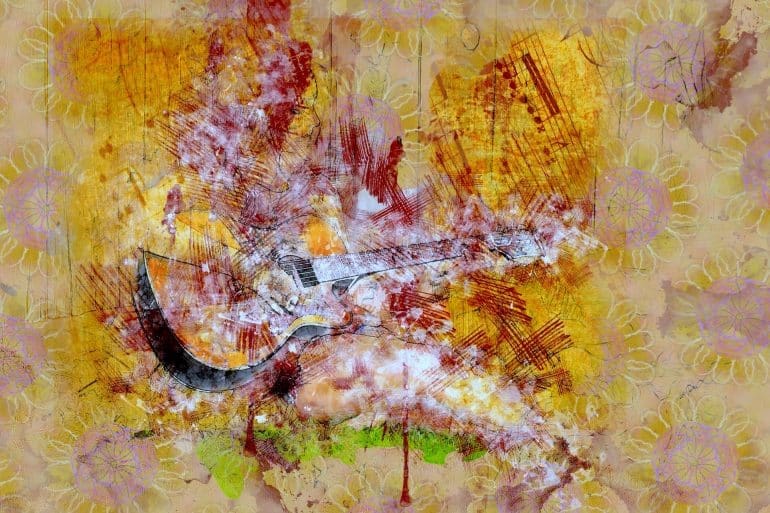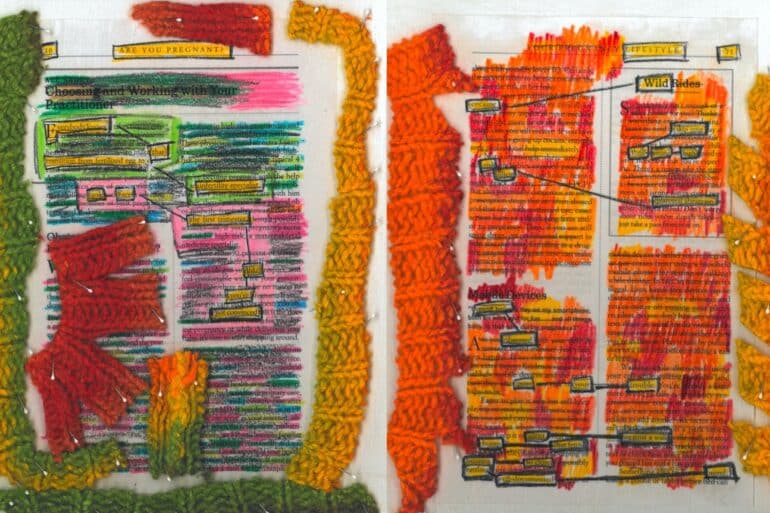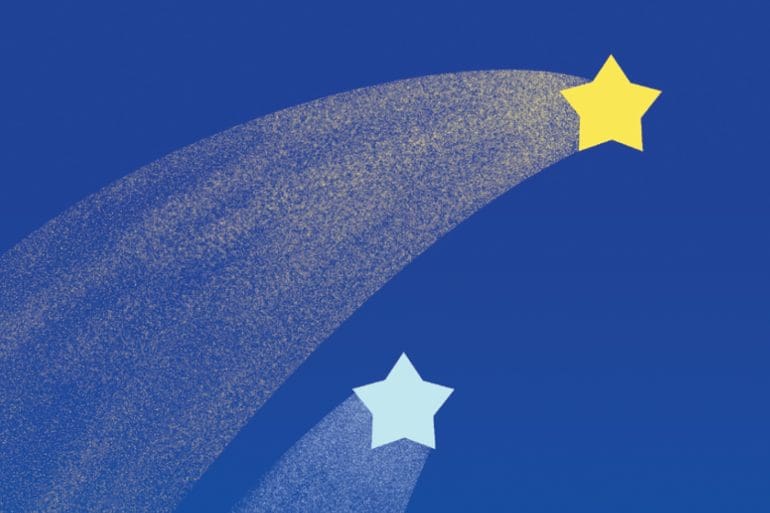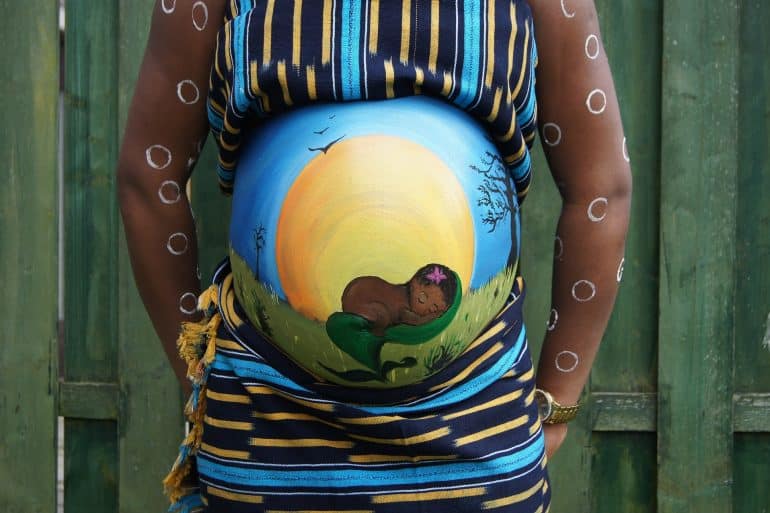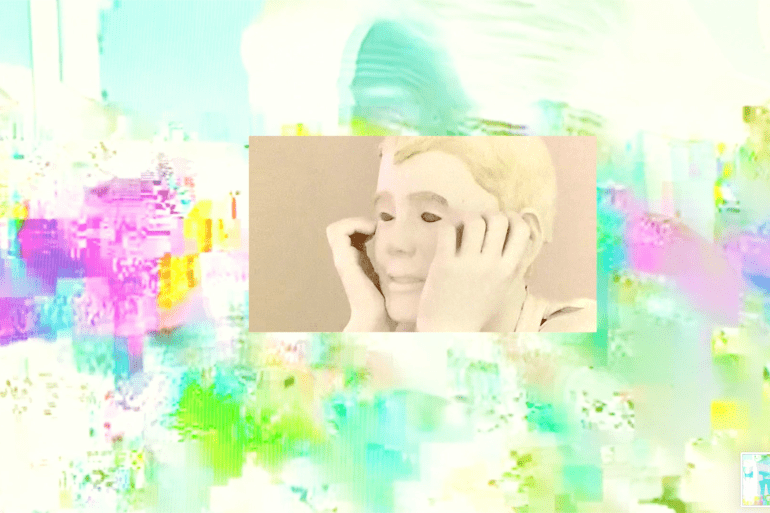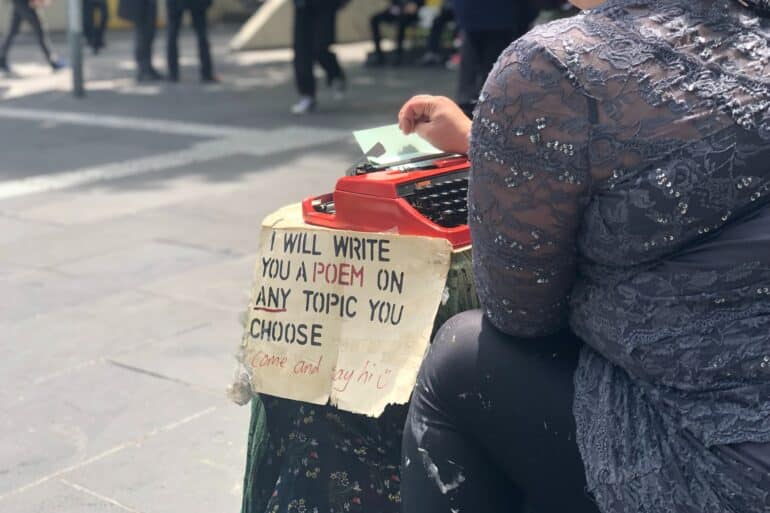In my work , the issues of depression, anxiety, and bulimia nervosa are discussed heavily.
"It is my hope that these words will serve as the beginning of an ongoing dialogue about what it means to live autoethnography."
Sandra L. Faulkner·
All ContentAutoethnographic Art & MultimediaAutoethnographic PoetryFrom the EditorsMoreVolume 3, Issue 1 (2023)
··15 min read"Bringing up Baby” is a collection of collage and erasure poems that function as praise for and critique of (white) mothering.
"I called out the demons one by one. I named them. I gave them precise blocking and ultimately, I controlled where they stood, breathed, and bourréed. I gave them an entrance, and a stage, and then I sent them away."
Through all of the things that separate us, there is one universal experience that transcends all barriers: love.
Xan Nowakowski·
All ContentAutoethnographic EssaysCelebrating Dr. Patricia Leavy's Social Fiction 2024Special Issues
··25 min readI’d take the past and make it straight, Even though it’s complicated, We’ve got time to start again, I don’t know if you can hear me…
“What is it like to live and work in a regional comprehensive university during a time of major organizational change and intense conflict?”
We address how to fragment and unite in this autoethnographic study, which we developed over the Messenger App. It utilises poetry and collage around death, loneliness, postmodern culture, and the latter’s related oppressive discourses and language, and alienation.
"I see myself as someone whose organic inquiry and teaching are shaped by radical love, and I am willing to let myself be changed by my students."
"This autoethnographic poetry is born of my personal experience, witness, as well as currently chronicled and ancestral lore."
The poem driving this experimental film about television considers the insomniacs who wake at the same time each night in rhythm.
We invite you to participate in National Poetry month with us by reading and writing over at The AutoEthnographer's new Facebook group.



